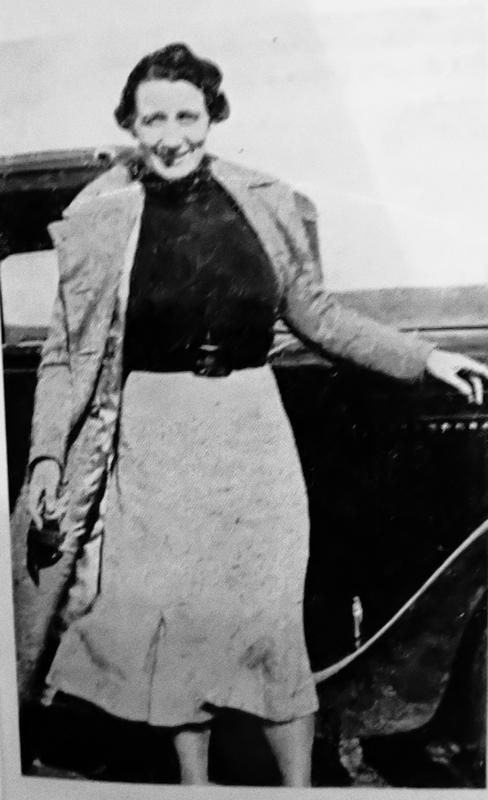

The first lights of the village shone daffodil-clear here and there.

The stillness was full of the clear, faraway sounds of evening.

_The Man in the Queue_ is rescued, however, by the twist that keeps it from falling in line with that kind of "logic."Despite all that, though, this is another clever, witty mystery by Tey, with some interesting characterizations and some gorgeous descriptions, such as this one:"He lingered in the door to watch the flat purple outline of the islands to the west. Still, by that point, the damage had been done.Someone's review of _Miss Pym_ mentioned the reliance on factors like phrenology and breeding (i.e., eugenics) to solve the case.and with that interesting observation in mind, I couldn't help but see the same kind of plot playing out here. I will note, though, that it's interesting how, once Grant has a name for his man, he stops calling him a Dago and actually empathizes with him. I was put off by the casual racism in the use of the word "Dago" to describe the prime suspect, and even understanding that as part of the historical context didn't keep Inspector Grant's insistence on using it from bothering me a lot. And while I've enjoyed the others I've read, especially _Miss Pym Disposes_, I have to say that this one was difficult. I've been on a Josephine Tey kick lately (she's one of the Golden Age writers I came to late). I hope that Tey meant for us to pick up on things that Grant doesn't, but I'm not so sure in this particular interest.īut anyhow, she's great, and all of her books are worth reading on their own merits. And, to be frank, Tey doesn't do a good job of hiding a major clue which - annoyingly - Grant doesn't seem to pick up! The clue doesn't reveal the killer, but it certainly points an arrow in a general direction.

I will say the ending is rather abrupt, in contradistinction to the sometimes languid, well-paced rest of the novel. Her concept of the investigator who often makes mistakes and has to recalibrate is also fantastic, and the novel inadvertently has become a piece of historical writing: it's thoroughly enjoyable to keep reminding oneself that Grant can't just use a mobile phone, or look up a suspect's address in "the system". Tey was a fantastic writer, and her mystery novels are peppered with beautiful set-pieces, elegant descriptions and minor characters sketched with scythe-like precision.


 0 kommentar(er)
0 kommentar(er)
